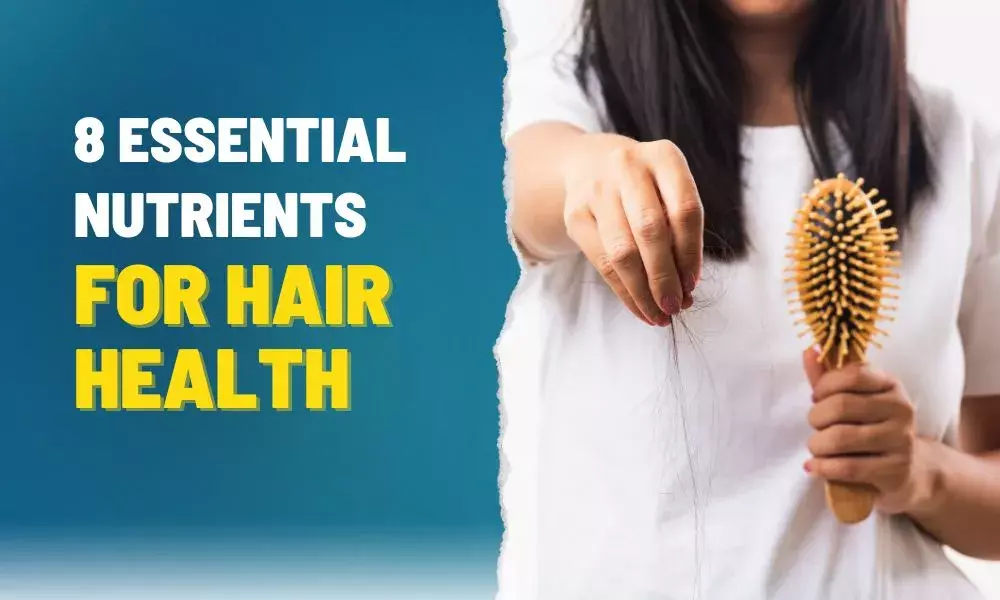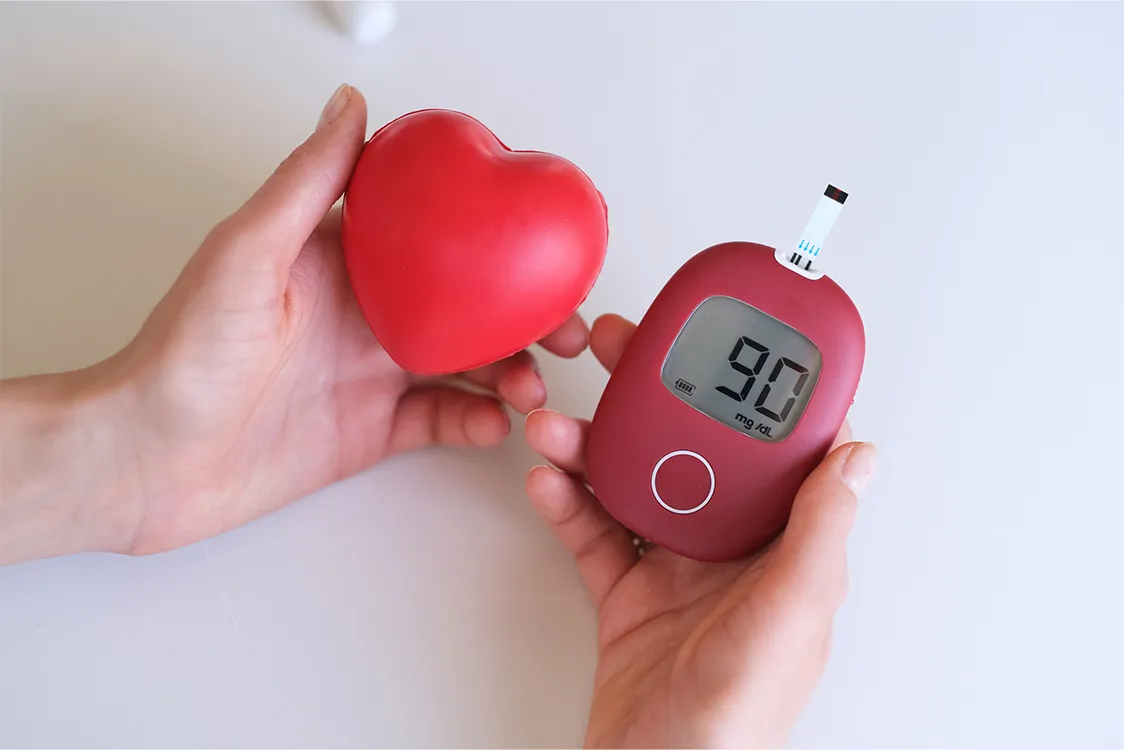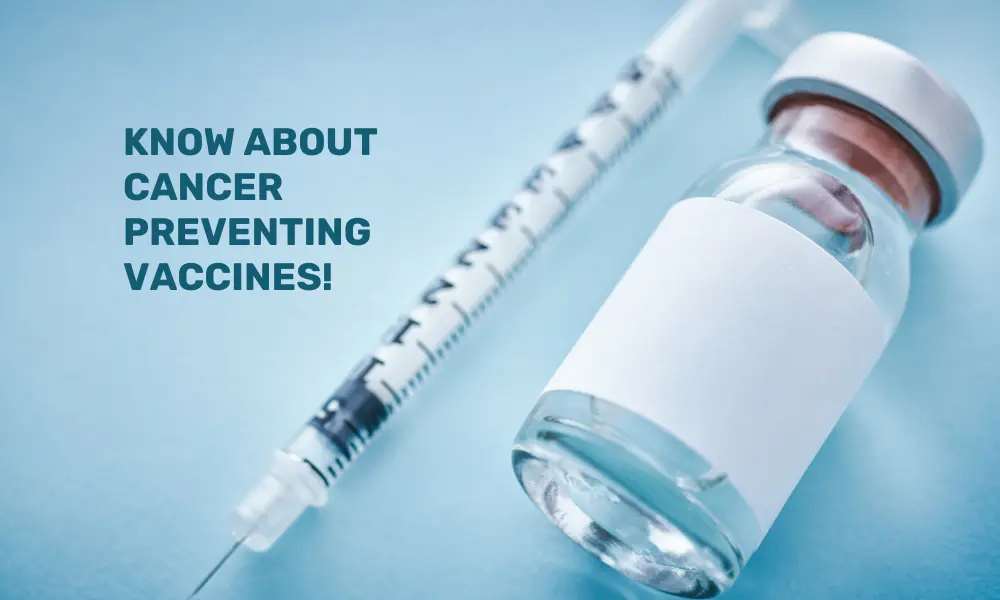Who does not wish to have shiny, thick, and silky hair? Having healthy hair in this fast and busy life is a concern for all. It is challenging to combat hair fall and to have good strong hair.
What forms our hair?
A human scalp has a follicle through which hair is attached to the human body. Hair grows through follicles. Further, hair is made of a protein called keratin. Our nails and the outermost layer of our skin also have keratin. Each hair consists of three layers:
-
The medulla, the innermost layer, reflects light.
-
The cuticle – the outer layer, thin and colourless. It acts as the protective layer.
-
The cortex contains melanin, which is responsible for hair colour.
What causes Hair loss?
Many factors affect the growth and health of our hair. These factors may include ageing, medication, hormonal factors, chemotherapy, thyroid disease, exposure to chemicals and toxins such as nicotine, stress, or nutritional deficiency.
Childbirth and PCOS in females can trigger hair loss.
Additionally, if you colour, perm your hair, you could be damaging your hair. Over a period of time, this can lead to hair loss. If you often wear your hair tightly pulled back, the continual pulling can also lead to permanent hair loss.
Certain factors may be out of our control, but what can be managed is a sufficient intake of nutrients essential for healthy hair.
Here is a list of eight important nutrients that are vital for your hair and may aid in preventing hair loss and ensuring good hair growth.
-
Iron is the most important nutrient required for healthy hair, as it determines the strength of the hair follicle. If your body’s iron level falls beyond a certain level, it may cause anaemia. Iron deficiency also leads to hair fall. You must consume chicken, red meat, and fish to boost your iron. Vegetarian options may include lentils, leafy vegetables such as spinach, kale, broccoli, and salad greens.
-
Protein: Apart from iron, your hair requires a good amount of protein, as it is the only nutrient that builds your hair. Poor level of protein affects hair health. When you are not consuming a diet with proteins, your hair may turn out to be thin, weak, and brittle, resulting in hair loss. You must consume protein-rich food such as fish, chicken, and eggs for good thick hair growth. Vegetarian choices to increase protein are nuts and legumes.
-
Omega-3 has a unique role to play in your hair’s health. It helps in keeping your hair and scalp hydrated and oily so that your hair may not break due to dryness. Omega-3 is an essential fat that your body requires. Since the body does not produce it, you must ensure you add sources of omega-3 is your diet. Sources of omega-3 are oily fish like sardine, mackerel, salmon, herring, and trout. Vegetarian sources for omega-3 are walnuts, pumpkin seeds, and avocado.
-
Vitamin A helps your body to generate a substance called sebum. Sebum is an oily substance created by your hair’s glands. It helps in keeping the scalp well-conditioned and healthy. Without sufficient sebum, we may experience an itchy scalp and dry hair. Include animal products and orange and yellow-coloured vegetables as they are high in beta-carotene (which makes vitamin A), such as carrots, pumpkins, and sweet potatoes.
-
Vitamin C plays a crucial role in iron absorption. Therefore, food rich in vitamin C should be included in the diet along with iron-rich food so that iron can be absorbed in the body well. The best sources are blackcurrants, blueberries, broccoli, guava, kiwi fruits, oranges, papaya, strawberries, and sweet potatoes. Vitamin C helps produce collagen, strengthening the capillaries that supply the hair shafts.
-
Vitamin E protects our hair and skin from any external damage. Including a sufficient source of vitamin E in your diet can protect your hair against any damage. A good source of vitamin E is nuts such as almonds, hazelnut, brazil nut, peanuts, pine nuts, pumpkin seeds, and sunflower seeds.
-
Biotin: Biotin is a form of vitamin; it is water soluble. Lack of biotin can cause brittle hair and may lead to hair loss. Include biotin-rich foods such as wholegrains, liver, egg yolk, soy flour, and yeast.
-
Zinc and selenium are essential minerals that protect our scalp from dryness. A lack of zinc can cause a dry, flaky scalp and result in hair loss. You may consider including brazil nuts, whole grains, fortified cereals, oysters, beef, and eggs in your diet, as these foods can increase zinc and selenium.
The bottom line
The growth and quality of your hair are directly proportional to your diet’s quality. A diet that lacks the right nutrients, such as vitamins A, C, and E, zinc, iron, biotin, protein, and essential fatty acids, may weaken your hair and cause hair loss.
To avoid deficiency of these nutrients, you must add some of the above foods to your diet. Fortunately, correcting the deficiency of these essential nutrients will help you treat hair loss and improve hair growth.





